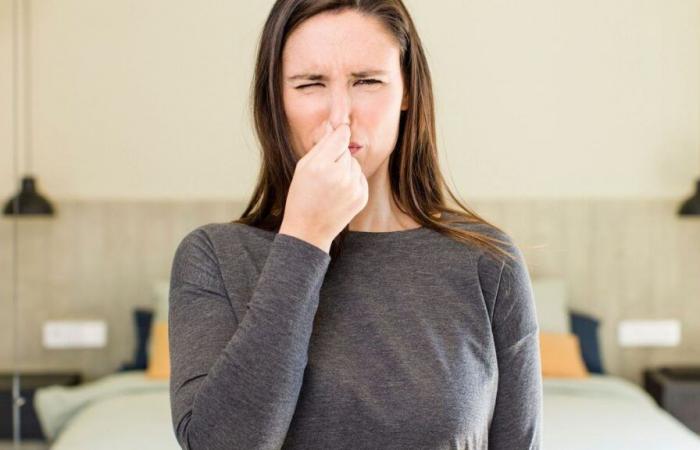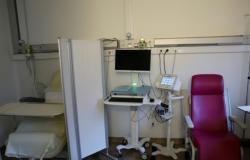Published on 11/21/2024 at 5:23 p.m.
updated on 11/21/2024 at 5:23 p.m.
Lecture 3 min.
in collaboration with
Pauline Guillouche (gastroenterologist)
Australians are now invited to declare and detail their farts on an app. The announcement is true and comes from the national scientific agency. The goal: to better understand the intestinal health of residents. Is health defined in our gases? Dr. Pauline Guillouche, gastroenterologist, agreed to answer this question.
An announcement that will make noise! In 2021, according to a study, 60% of Australians complained of suffering from “excessive flatulence”. Information which did not go unnoticed and which questioned the CSIRO, Australia’s national scientific agency. To better understand the health of residents, they have just asked citizens aged 14 and over to track their farts for three days on the application Chart Your Fart.
A little fart for man, a big step for science?
On the application, no taboo. Participants are invited to indicate each time they emit a gas, the time of day, but also all the characteristics that characterize their “winds”: the sound volume (silent to deafening), the duration (brief to eternity) , stench (from odorless to toxic), duration of odor (fugitive to perpetual), and detectability (discrete to blatant).
For even more precise data, you must of course enter your age, gender and diet. The whole thing should provide a nice gaseous panorama of the Australian population. “Research is only as good as we have data, and we want to collaborate with as many members of our diverse Australian community as possible to drive innovation in health and wellbeing research and deliver results significant” said Dr Emily Brindal, project leader and CSIRO behavioral scientist.
“We rely on the public to share their experiences with us as we research health and wellness, but we also want to know what research the community wants us to do. It’s about staying realistic and relevant, but why not have fun too?”
Your gas doesn’t tell you if you’re in good shape!
But can our gases say a lot about our health? Doctissimo asked the question to Dr Pauline Guillouche, gastroenterologist and member of our committee of experts, who was not convinced by the Australian initiative.
“In reality, there is no real normality and therefore abnormality in the gases that we emit. On a daily basis, we are talking about an average of 13 to 15 farts per day per person, but this can be more or less without any problem. In any case in France, doctors will not pay any attention to the sound (which is only a vibration of the anus), nor to the length of emission, nor even to the smell. Even if patients do indeed come to consult for this reason.”
The smell, as nauseating as it may be, is not a sign of illness or something wrong, but the simple consequence of what we eat: “We must remember in this case that our farts are composed of more than 95% odorless gases and that it is a very small part, approximately 1%, which is a sulfur compound, responsible for the bad smell. In short, the more we eat foods rich in sulfur compounds or proteins, whether cabbage, legumesor red meat, the more we will have more odorous gases.
The two cases which should require you to consult
If the gases themselves are not a sign of concern, our expert still reveals two reasons which should make you consult, concerning this flatulence:
“More than on the gas itself, we will focus more on the feeling of being bloated, when people on the contrary have difficulty relieving themselves. When there is abdominal distention, this can be a sign of certain diseases, starting with the simple constipation“.
The other disorder that should invite you to consult is when, on the contrary, you are unable to retain the slightest gas. “This is the first sign of anal incontinencewhich does not only concern stools”, Pauline Guillouche tells us. “If you cannot control your gas, this should prompt a consultation or even rehabilitation.” So watch your back!

Slide: Anything that causes gas (not just food)








